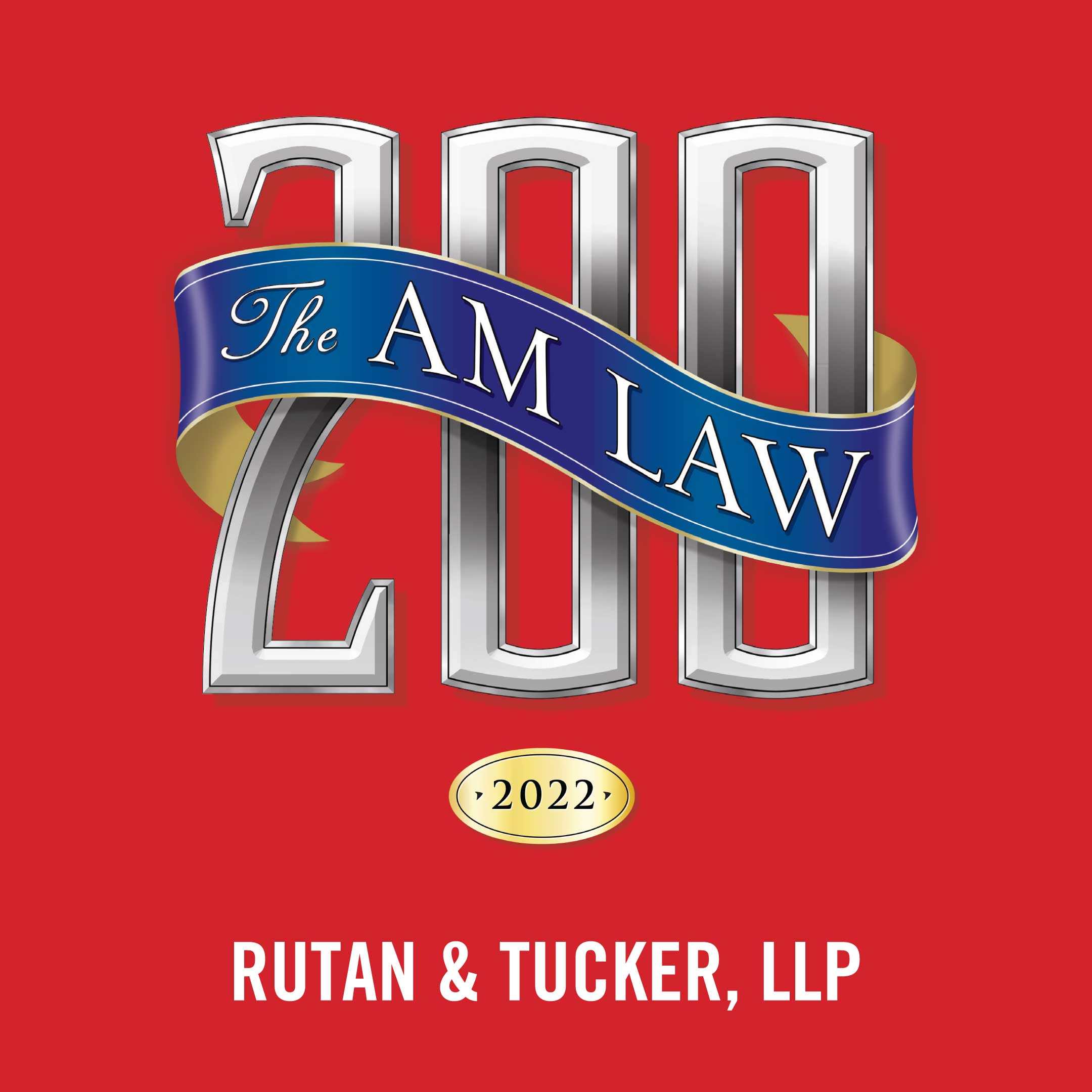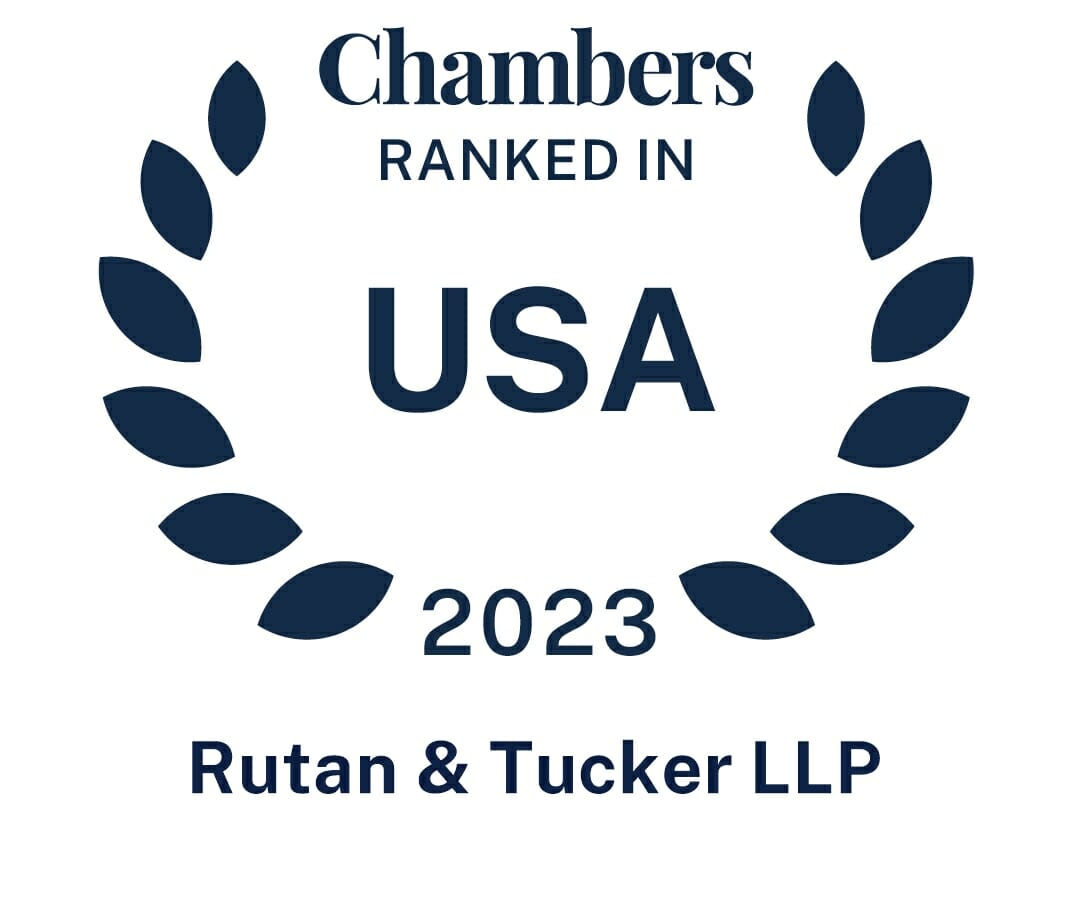The current global economic down turn has wreaked havoc on both the financial markets and on our understanding of what is reasonable and predictable in the marketplace. This general uncertainty has led many officers and directors to reevaluate their company’s health in recent days. While the Chief Financial Officer’s role in this review and diagnosis may initially appear focused on the Company’s Income Statement and Balance Sheet, there may be additional items that are of concern that are less intuitive. From a legal standpoint, a number of issues have recently become the hot topics de jour, and it is highly advisable that as a CFO, one consider the following issues as they relate to their company. 1. Impacts of the Credit Crisis on a Company’s Credit Facilities One of the most tangible effects of the economic slowdown has been the initial tightening and now near freeze on the credit markets. For those companies that rely on their credit facilities for at least some of their working capital or other cash needs, it is advisable to begin prospectively reviewing their current loan documents to anticipate and prepare for the eventual maturity of the loans. In addition, companies should not be surprised to see that their credit facilities are difficult or impossible to renew on the same terms and at similar costs. One can expect that even if credit is available in the near term, it will be at higher costs, with significantly more stringent terms, and in perhaps smaller amounts than were previously available. Options should also be explored for possible alternative financing. Currently, a number of Canadian banks, many of which have offices in California, are more flexible in providing financing. Similarly, management should also review their credit facilities for potential issues that may be hidden in various restrictive covenants and default provisions. Commentators have suggested that lenders will exercise greater scrutiny in reviewing their outstanding credit facilities to find what may be considered minor or non-material violations of these covenants and default provisions in order to accelerate the repayment of the outstanding loans and increase their own cash flows. In the past, many lenders may have been willing to overlook or wholly ignore certain violations in credit facility documents if the underlying loan was being properly satisfied. One can presume that these past experiences are no longer applicable. 2. Reviewing and Considering D&O Coverage Recent developments in corporate America have once again raised the level of scrutiny on the performance of boards of directors. If the current turmoil in the financial markets continues, it can be expected that the risk of litigation against a company and its directors and management will rise. It is critically important that companies evaluate the protections they have in place for their officers and directors prior to the commencement of any litigation. In order to ensure that proper protections are in place to protect the personal assets of its directors and officers, companies should review their charter documents to ensure they provide protections to the fullest extent possible under applicable law. This is even more critical now; given the outcome in a recent Delaware case where a former director’s right to expense advancements was eliminated through a bylaw amendment. It is highly advised that companies review their charter documents and indemnification agreements, if applicable, closely to ensure that the expectations of the parties match the realities of the provisions and coverages provided in such documents. Similarly, companies should obtain adequate D&O insurance coverage for each of their directors and officers to further protect their personal assets. Commentators and experts have recently noted a number of issues that arise in the context of D&O insurance coverage, including insurance policy recession issues and insurance proceeds in the context of bankruptcy proceedings. Unlike auto or other types of personal insurance that you may be more familiar with, D&O insurance policies may be highly negotiated, and it is important that a company obtain an insurance policy that fits and is appropriate for a corporation’s particular needs. 3. Ensuring Sufficient Corporate Takeover Defenses are in Place CFO’s of public companies should also be aware that since the stock prices of many companies have drastically decreased, it can be anticipated that with a recovering economy and greater stability in the marketplace, we will begin to see greater confidence from acquirors wishing to pursue their appetite for bargains in the form of possible unsolicited or hostile takeovers. While the ultimate decision as to what corporate takeover defenses are appropriate and practical will remain with the board of directors, we encourage management to also take note of a company’s current defense mechanisms and what options remain available to the company. While shareholder rights plans or poison pills have fallen out of favor in the recent past, there is evidence that show that 2008 may actually be the first year since 2004-2005, where there is a year-over-year increase in the adoption of this corporate defense mechanism. Interestingly, while only 42 public companies adopted poison pills for the first time in 2007, by mid-September of 2008, already 40 public companies in the U.S. had adopted their first poison pill, only 2 shy of the aggregate for all of 2007. One reason for this rise in the popularity of the poison pill can be attributed to the precipitous decline in market values of companies, which have put many companies at unease over the prospects of unsolicited deals that are unappealing. Conclusion The issues raised above are merely a small sample of the various considerations that management will face during, what appears to be an equally turbulent and unpredictable, 2009. While not all issues can be prepared for in advance, corporate management should take ample time to consider and implement solutions prior to the occurrence of major issues or catastrophes. As part of this preparation process, it is highly encouraged that you consult your outside or specialty counsel to evaluate and anticipate those potential issues that may be lying in your current corporate organizational documents, internal processes and third party contracts and relationships. Please feel free to give us a call if you have any questions. -written by George Wall & Shigenobu Itoh, Corporate & Securities Section



